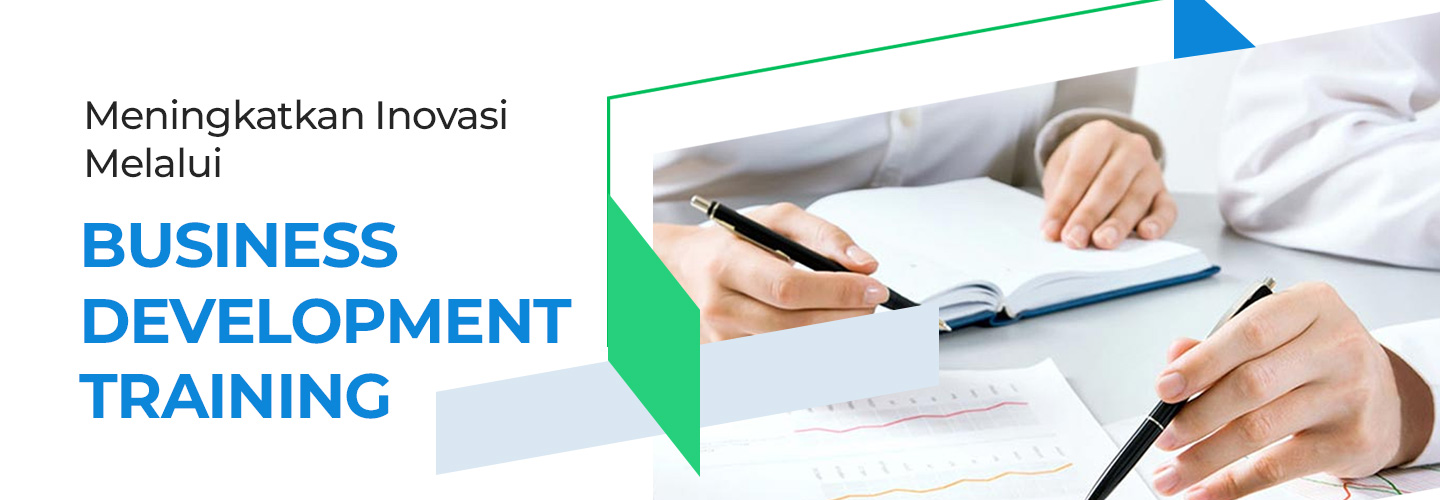
ESG Center
Focus on driving sustainable business, practices through expert consulting, training, advising, assistance, and innovative solutions in Environment, Social, and Governance (ESG).

The development of artificial intelligence has rendered many business models irrelevant.
Innovation has become a non-negotiable requirement for companies. To innovate, companies need to implement business planning that is relevant to market conditions.
A business plan, or business development plan, that is not relevant to market conditions will expose your business to risks that can cripple performance, hinder growth, and ultimately lead to failure.
In a 2006 survey by The McKinsey-Quartely, 28% of companies had strategic plans that technically reflected the company's goals and challenges, but were ineffective in implementation.
Furthermore, the same survey results indicated that another 14% stated that their strategic plans and execution plans were not aligned.
This survey indicates that formal planning alone is not enough; it must be accompanied by proper organizational synchronization and monitoring.
Sometimes, companies internally feel that their plans or innovations are relevant to the market. However, when implemented, the opposite is true.
Therefore, businesses need a third-party perspective to help identify blind spots in their plans. Or at least, to help internal teams become aware of these blind spots.
Considering involving employees at the operational, middle management, and strategic levels in business development planning training is not a bad idea.
In fact, it's a good start so they can create business innovations that remain relevant to market conditions.
Innovation in today's business world is no longer about whoever is bigger wins.
Many business cases have seen large companies defeated by seemingly small business models.
For example, the disruption caused by Netflix, which toppled its major player, Blockbuster, the video rental giant with over 9,000 stores globally.
Given this, businesses that have existed for decades can no longer remain in their comfort zones. Even start-up businesses must continually innovate.
Innovation is essential for businesses for several reasons:
This is crucial. The market is what contributes to a business's revenue. If the market begins to change its behavior, the business needs to adapt.
Now, with unstoppable technological disruption, consumers are changing their preferences more quickly, accustomed to digital and personalized experiences, and less likely to be loyal to a brand that is no longer relevant to them.
For example, Gojek and Grab are replacing conventional taxis because they offer more practical, transparent solutions that align with a digital lifestyle. Consumers no longer want to wait on the side of the road or argue over fares with motorcycle taxi drivers.
The baby boomer and millennial generations have witnessed the journey of technological disruption, which was initially slow, but now it's progressive.
Initially, there were only telephones in internet cafes, then it evolved into monochrome-screen mobile phones, then transformed into touchscreens, and now, artificial intelligence can also be accessed from mobile phones.
Technology has truly changed the way industries think, behave, and prefer to operate.
Take Spotify, for example, which transformed the global music industry. Subscription and streaming models shifted the dominance of CD sales and digital music downloads. Large companies like Warner and Sony Music ultimately had to adapt to streaming platforms.
In the past, people would wait until a product was ready to launch.
Then, the term agile emerged, encouraging businesses to launch an MVP (minimum viable product).
Now, with AI, products can be created with increasingly shorter cycles.
Businesses that persist in sticking to old methods with long cycles will become increasingly irrelevant.
Remember BlackBerry?
Blackberry was late in changing its operating system and user interface when the iPhone and Android became popular. As a result, it lost its market share completely within a few years.
Failing to plan means failing to achieve. That's a common refrain.
The above statement may be true if they fail to plan a business that is relevant to market needs.
Here are some business mistakes in strategic business development planning, according to a McKinsey-Quarterly survey:
Although 28% of companies have a strategic plan that theoretically reflects their business goals and challenges, in reality, these plans are ineffective in execution. This shows that without concrete execution, a strategy remains a document with no real impact on business performance.
Only 57% of respondents stated that their strategic planning process is truly integrated with the business development function. This means that many organizations still haven't positioned business development as a core part of their corporate strategy, thus missing out on growth opportunities that could emerge outside their core business lines.
As many as 14% of respondents admitted that their organization's strategy and execution plans are not aligned. This indicates a weak bridge between strategy development at the managerial level and actual implementation at the operational level. Without strong synergy, strategy will fail to translate into effective action.
Data shows that 67% of respondents who are satisfied with their company's strategic process stated that there is good management alignment with the strategy.
Conversely, only 40% of dissatisfied respondents stated the same. This proves that without alignment between teams and functions, strategy is difficult to implement consistently and comprehensively.
To reduce blind spots in the process of designing innovation and business development, training programs are one alternative that companies can implement.
Conduct training such as business development training that focuses on business planning relevant to market needs, execution aligned with action, and innovation with a more agile product cycle.
Why business development training? Business development planning training will help you develop a comprehensive business plan, tailored to market conditions and existing challenges, so it remains relevant.
In addition to focusing on comprehensive business planning, this business development training can help you with the following:
You can maximize the benefits above by involving your company's strategic-level employees in business development planning training from Prasmul-Eli.
prasmul-eli's business development training will encourage strategic and relevant innovation for your company.
INSIGHT AND KNOWLEDGE
RECOMMENDATION ARTICLES